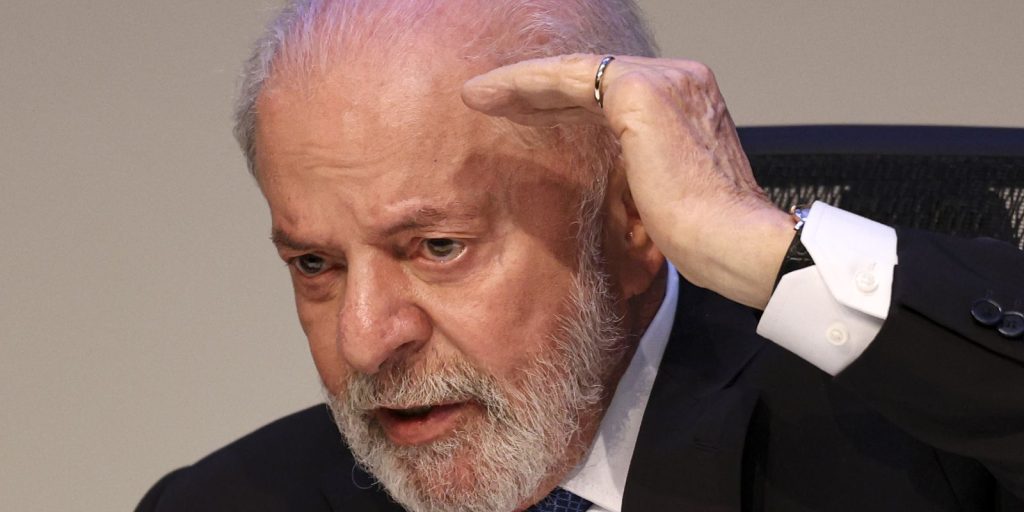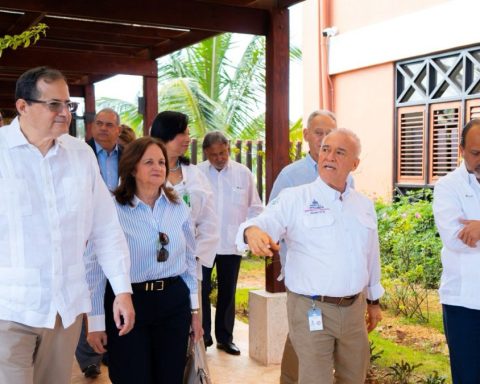August 15, 2024, 12:28 PM
August 15, 2024, 12:28 PM
Control of the dollar derived from exports It has been a crucial tool for many Latin American countries in their efforts to stabilize their economies and manage the volatility of their currencies.
In Bolivia the issue gained strength following the conclusions of the Social Cabinet, which proposed the control of dollars generated by the private export sector.
The pThe proposal was rejected by the businessmen and caused a “forced recess”at the meeting held yesterday with the president, Luis Arce.
Currency regulation has been implemented in various ways across the region, with varying results. Here, we explore the experiences of Argentina, Brazil and Venezuela, three nations with contrasting approaches. in the regulation of foreign currency coming from the private export sector.
Argentina: Strict control and the challenge of the exchange rate gap
Argentina is perhaps the most emblematic case in the region, where currency control has been a persistent policy for decades.
The obligation to settle export currencies in the official market has been a pillar of Argentine exchange policy. However, this measure has generated significant distortions, including the widening of the exchange rate gap between the official dollar and the parallel (or “blue”) dollar.
Exporters, forced to sell their dollars at the official exchange rate, which is often artificially low, face disincentives to produce and export.which limits the inflow of foreign currency into the country. In addition, the lack of confidence in the Argentine peso has boosted demand for dollars in the informal market, exacerbating pressures on the exchange rate and inflation.
Brazil: Flexibility and the role of the Central Bank
Brazil has adopted a more flexible approach to currency regulation, which has contributed to greater exchange rate stability compared to Argentina.
Unlike its southern neighbor, Brazil does not require exporters to settle their foreign currency on an official market at a fixed exchange rate. Instead, Brazil’s central bank intervenes in the foreign exchange market selectively, using its international reserves to smooth volatility when necessary.
This approach has allowed greater freedom for exporters.who can decide when and how to sell their dollars, encouraging investment and growth in the export sector. However, Brazil also faces challenges, such as the appreciation of the real in times of high demand for its exports, which can affect the competitiveness of their products in the global market.
Venezuela: Rigid controls and economic disintegration
Venezuela offers an extreme example of how strict controls on the dollar can lead to economic disintegration.
For years, the Venezuelan government imposed rigid exchange controls which forced exporters to liquidate their dollars at an extremely low official exchange rate. This policy, designed to maintain price stability and ensure the availability of dollars for the import of essential goods, quickly became unsustainable.
Corruption, black market and capital flight soared, and exporters were unable to operate Under the restrictions imposed, they drastically reduced their production. This, combined with the fall in oil prices, led to an economic and humanitarian crisis that still persists.
While some countries have managed to maintain exchange rate stability and foster economic growth through a more flexible approach, Others have fallen into the trap of rigid controls, suffering serious economic distortions. as a result.
German Molina, economic analyst, stressed that the experience in Latin America shows that dollar control of private sector exports is a double-edged sword.
“While some countries have managed to maintain exchange rate stability and focus on economic growth through a more flexible approach, but others have fallen into the trap of rigid controls, suffering serious economic distortions,” said Molina
Molina indicated that in the case Bolivian the experience was negativebecause history shows that when the State wanted to regulate “pounds sterling, gold bars and finally the dollar, the economy suffered serious disorder.”
This lesson is crucial for any country considering implementing currency controls in the future. A balanced and adaptable approach, supported by strong institutions and coherent policies, can make the difference between economic success and collapse.


















